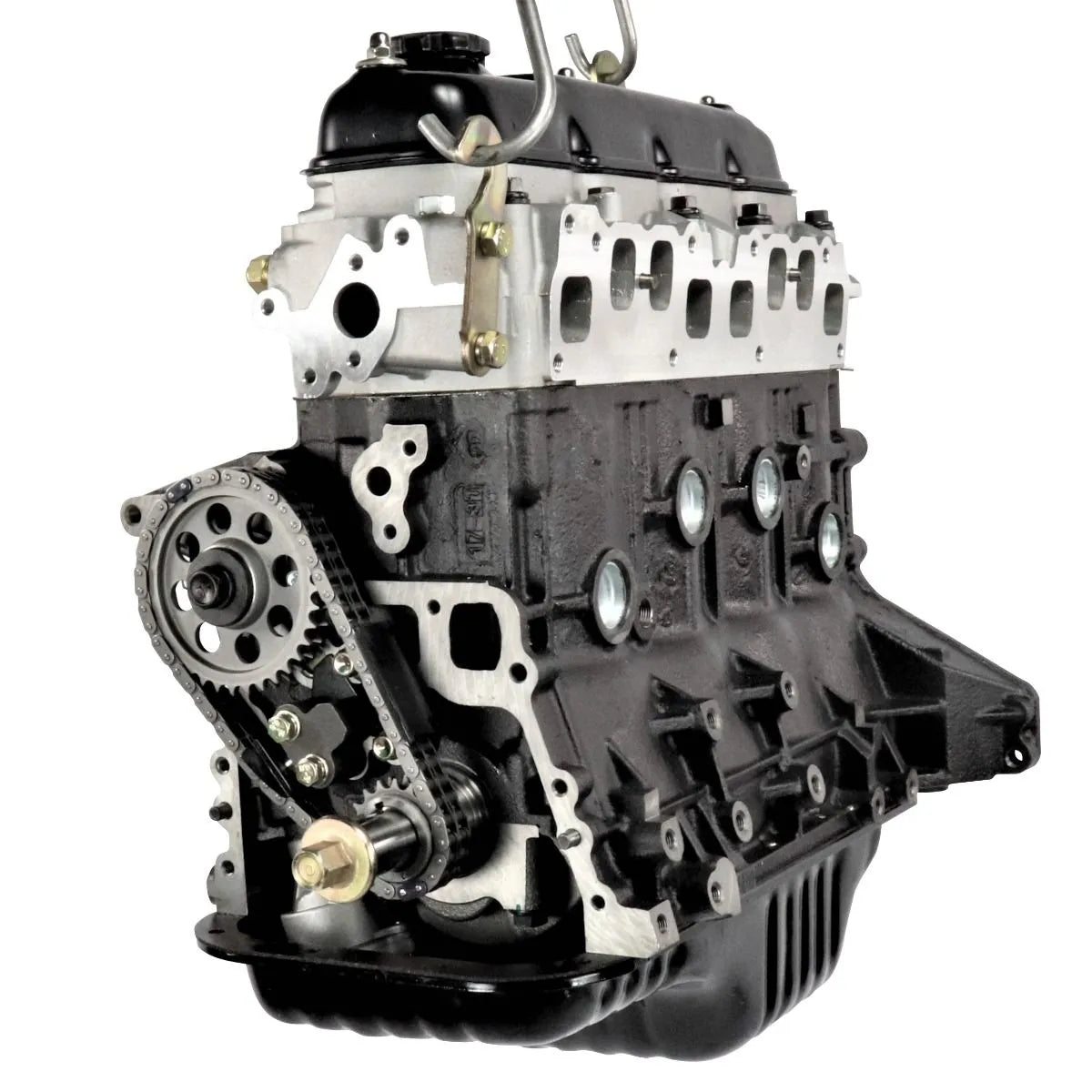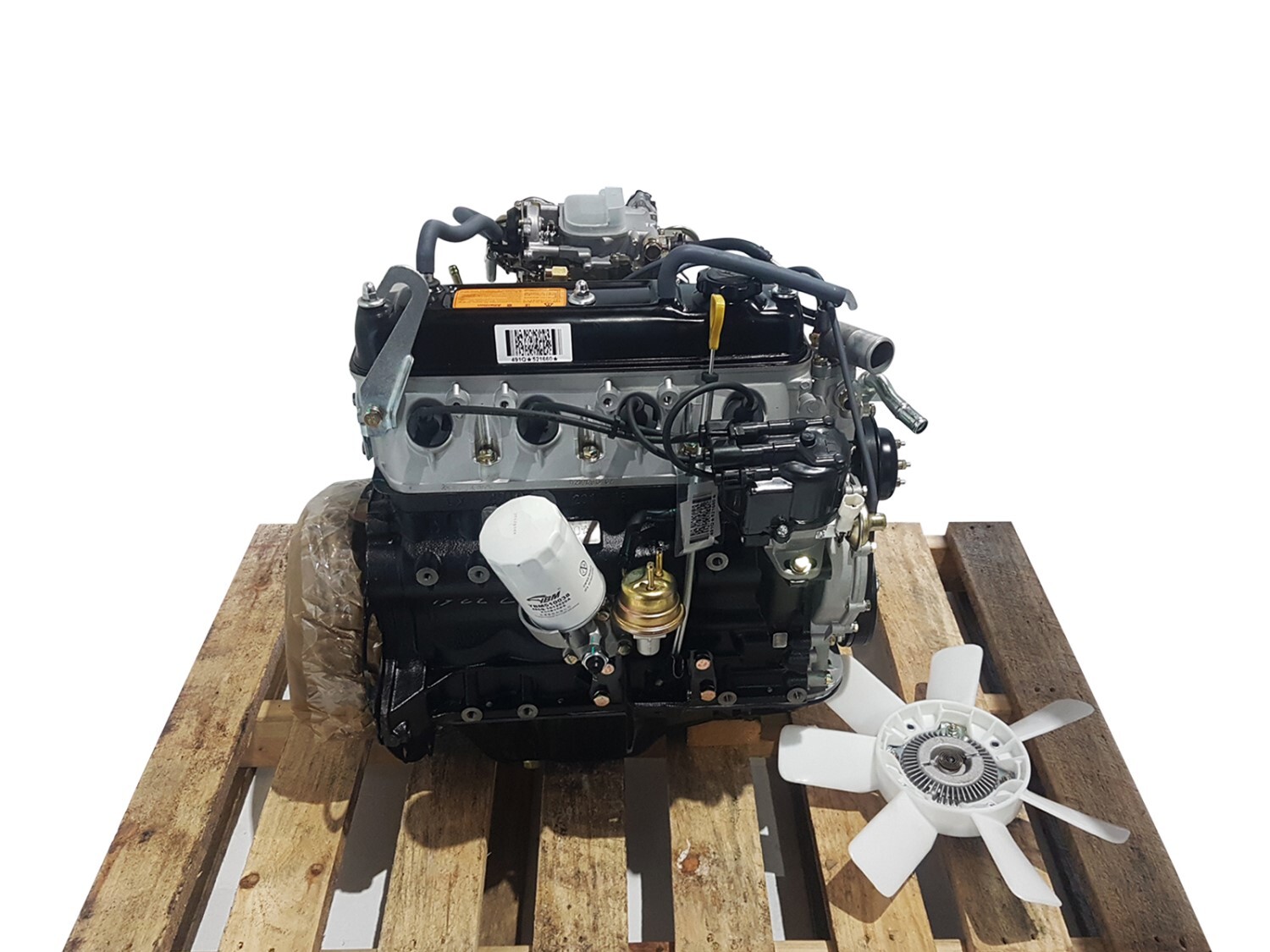Discovering the Different Types of Engine: Which One Fits Your Requirements?
In the mission to determine the most appropriate engine type for your details requirements, it is critical to assess the distinctive attributes and benefits of each alternative available. Inner combustion engines proceed to dominate because of their reliability, while electric engines are acquiring traction for their sustainability. Crossbreed engines supply a versatile concession, and diesel motor stand out for their power sought after applications. Additionally, alternative gas engines present ingenious services, albeit with certain restrictions. Recognizing your concerns will certainly contribute in this decision-making process, causing an expedition of factors that may influence your option.

Interior Combustion Engines
Interior burning engines (ICEs) are the foundation of modern transportation, powering a substantial selection of cars from cars and trucks to planes. These engines operate the principle of transforming gas right into power via a series of regulated surges within a burning chamber. One of the most common sorts of ICEs consist of gas engines, diesel motor, and rotary engines, each developed to meet particular performance and efficiency demands.
Gas engines commonly utilize spark ignition, while diesel motor depend on compression ignition, resulting in distinctive differences in fuel performance and power result (4y engine). Rotating engines, or Wankel engines, supply a portable style and smooth procedure, however are much less commonly used in mainstream applications
ICEs have actually gone through considerable innovations in technology, including the intro of turbocharging and gas injection systems, which boost total performance and efficiency. Regardless of their performance renovations, ICEs deal with boosting examination due to their ecological impact, particularly relating to greenhouse gas exhausts.
Electric Engines
As issues about ecological sustainability and nonrenewable fuel source dependency grow, electrical engines have become a compelling alternative to inner burning engines. These engines use electrical motors powered by batteries or gas cells, providing a cleaner and much more effective ways of propulsion.
One of the primary advantages of electrical engines is their lowered emissions. Unlike typical engines that shed fossil fuels, electric engines produce zero tailpipe exhausts, dramatically lowering air contamination and contributing to improved public wellness. In addition, the effectiveness of electric motors typically exceeds that of internal combustion engines, converting a higher percentage of energy from the power resource into usable power for movement.
Electric engines are also significant for their quiet operation, making them excellent for city settings. 4y engine. The simplicity of their layout causes less relocating parts, which can result in decreased maintenance expenses and enhanced integrity with time
Nonetheless, difficulties continue to be, including battery production influences, billing infrastructure, and variety limitations. Despite these difficulties, the growing financial investment in electrical lorry innovation and renewable resource resources points towards an encouraging future for electrical engines, placed to play an essential duty in the shift toward sustainable transportation.
Hybrid Engines
Mixing the benefits of both traditional and electrical interior burning engines, hybrid engines represent a flexible solution in the pursuit for reliable and sustainable transportation. These engines integrate a fuel or diesel motor with an electrical motor, permitting boosted gas efficiency and minimized discharges contrasted to standard cars.
Hybrid engines run in numerous modes, utilizing the electrical motor for low-speed driving and the interior combustion engine for higher speeds or when more power is needed. This dynamic operation not just boosts gas economic situation but likewise contributes to a smoother driving experience. Regenerative stopping is an additional critical feature, capturing energy normally lost throughout braking and redirecting it to charge the battery.

As consumers significantly prioritize eco-friendliness, crossbreed engines attract attention as a useful option, supplying an efficient equilibrium of efficiency, effectiveness, and ecological obligation. find here This adaptability makes them appropriate for urban travelling and long-distance travel alike.
Diesel Motor
Efficiency and power are trademarks of diesel motor, which have actually long been preferred for their robustness and fuel economy. These engines run on the principle of compression ignition, where air is pressed to a high temperature level before fuel is injected, igniting it without the need for stimulate plugs. This process allows diesel engines to accomplish greater thermal effectiveness contrasted to gas engines, equating right into better fuel gas mileage and reduced co2 exhausts.
Diesel engines are specifically appropriate for durable applications such as trucks, buses, and industrial machinery, where torque and longevity are paramount. Their style usually includes more powerful elements to hold up against the higher pressures produced throughout procedure, resulting in longer life span and minimized upkeep prices.

Different Gas Engines
While diesel motor have lengthy controlled the landscape of sturdy source of power, alternative gas engines are getting grip as sensible options for a more sustainable future. These engines use a variety of fuels, such as pressed all-natural gas (CNG), propane, hydrogen, and ethanol, intending to reduce greenhouse gas emissions and dependence on fossil gas.
One considerable advantage of alternate fuel engines is their prospective to lower carbon footprints. CNG engines discharge fewer pollutants compared to traditional diesel engines, making them suitable top article for city transit systems and fleets looking for to boost air quality. Ethanol, stemmed from biomass, not just minimizes discharges yet also supports agricultural economic climates.
Hydrogen fuel cells represent an innovative development in this world, offering zero-emission power via a chemical reaction in between hydrogen and oxygen. However, obstacles such as framework growth and production costs stay obstacles to extensive adoption - 4y engine.
Verdict
Finally, choosing the ideal engine type necessitates mindful factor to consider of particular needs and choices. Interior combustion engines provide reliability, while electrical engines prioritize sustainability and reduced maintenance. Hybrid engines incorporate the benefits of both, enhancing efficiency, whereas diesel motor supply superior power and torque for sturdy applications. Alternate gas engines existing environment-friendly options, albeit with potential facilities difficulties. Inevitably, a comprehensive assessment of driving routines and ecological worths will certainly assist in an educated choice concerning engine option.
Crossbreed engines use a versatile compromise, and diesel engines stand out for their power in requiring applications. The most usual kinds of ICEs include gasoline engines, diesel engines, and rotary engines, each made to satisfy certain efficiency and effectiveness needs.
Unlike conventional engines that shed fossil gas, electric engines create absolutely no tailpipe emissions, significantly lowering air pollution and contributing to boosted public health and wellness.Hybrid engines operate in numerous settings, making use of the electrical motor for low-speed driving and the inner combustion engine for higher rates or when more navigate to this website power is required. Hybrid engines combine the advantages of both, boosting efficiency, whereas diesel engines provide premium power and torque for heavy-duty applications.